On Assignment with KWS
KWS’s instructors and lecturers really get around and meet people from all corners of the world. Their experiences are plentiful and would easily fill a book in its own right. For the scope of a brochure like this one, a few brief remarks will have to suffice. Here is what some of the men and women of and KWS’s have to say on a variety of topics in their own words.
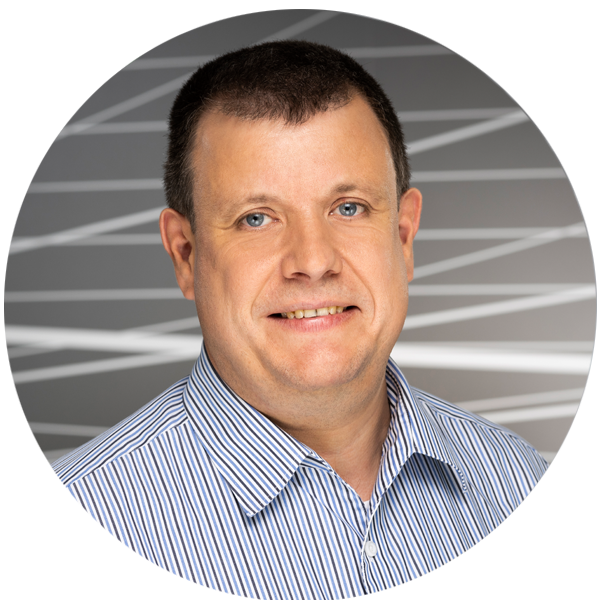
Ralf Wiescher is an Engineer in Instrumention and Control.
“As Diploma I installed a distributed control system in one of the laboratories of KWS, including some programming and developing training material. Since 2006 I am working for KWS as course manager and trainer for operators and shift supervisors as well as a trainer for International Activities. I still remember my first international training in South Africa in 2014. Just like Jörg, I really enjoyed the hospitality there very much. I experienced that also in many other countries, e.g. Egypt in 2016/17.”
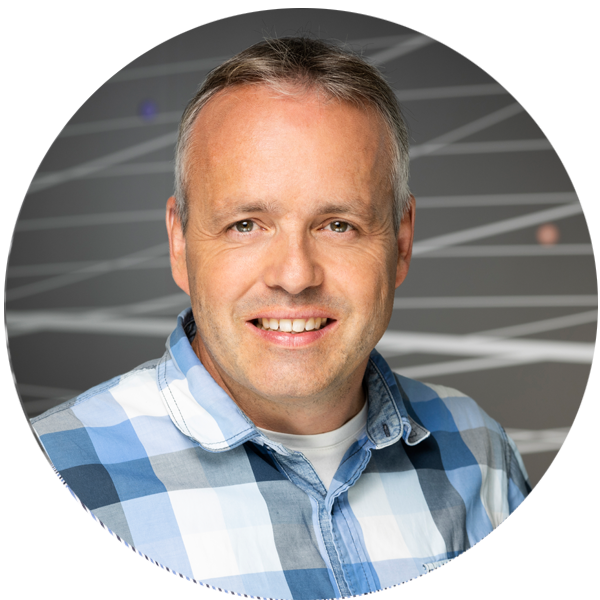
Jörg-Schulte-Trux worked as an engineer in industrial power plants in Germany and abroad before joining KWS in 2005.
“My first international KWS assignment was in South Africa in 2011, training engineers and maintenance crews at the Medupi power plant on behalf of Hitachi. I greatly enjoyed my stay there. South Africans are very sociable and hospitable. Once you’re there, you’re family. I even joined a local sports club of which I’m still a member. We’d get together to play soccer and had a really good time.”
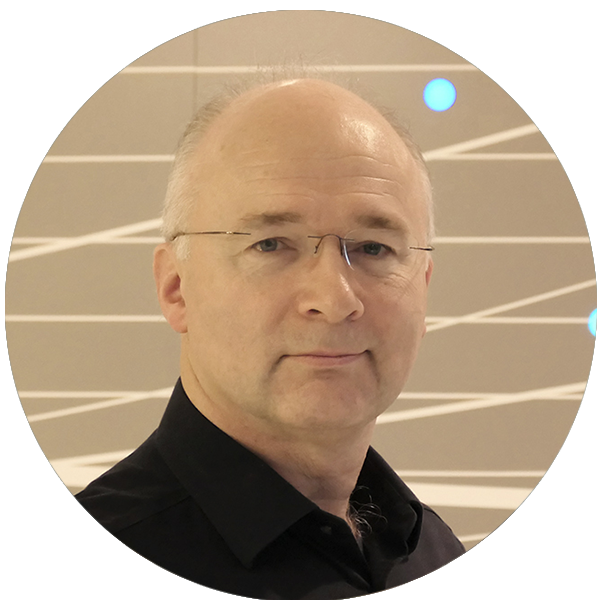
Frieder Hecker is a graduate physicist (with a diploma) and worked as a simulator and glass model instructor for nuclear power plants for more than 33 years before joining KWS in 2025. In the years prior, he accompanied IAEA nuclear safeguards trainees through Germany as their expert guide.
“It was great to see how the trainees—from all over the world, especially from non-nuclear countries—each at the beginning of a promising career, sought to learn from Germany’s technology and grappled with understanding the political decision to phase out nuclear power. It was always a pleasure to discuss the history of the Ruhr region—the rise and fall (some say ‘transformation’) of this industrial heartland—and compare it to thriving Munich or the research hub in Karlsruhe. These discussions helped illustrate the interplay between people, ideas, knowledge, culture, technological progress, and historical events—a grand theater we call history.”
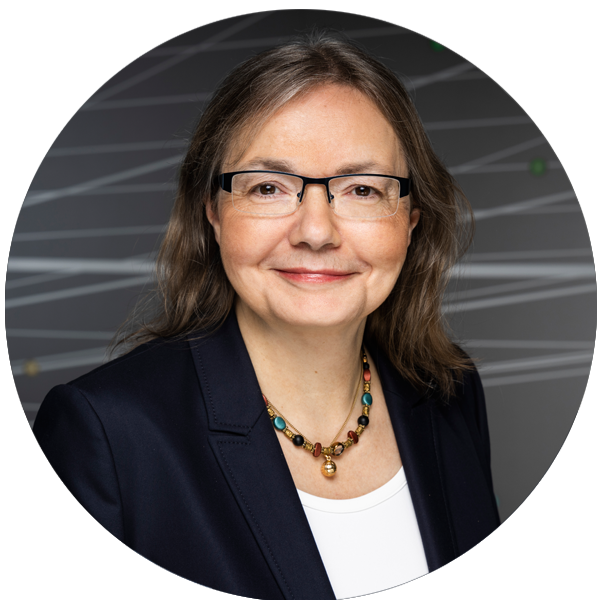
Anja Behle, is a university graduate in history and is fluent in English and French:
“My job primarily involves organizing field trips for our instructors and also trainee stays in Germany. I take care of all the formalities like visas, accommodation, instructional materials, and general assistance for the trainees. Getting in touch with students from all corners of the world is exciting and instructive. One acquires quite a bit of cultural awareness and tact in the process. It’s not a good idea, for example, to treat students from Muslim countries to a typical hearty German meal with plenty of pork. Well, variety is the spice of life."
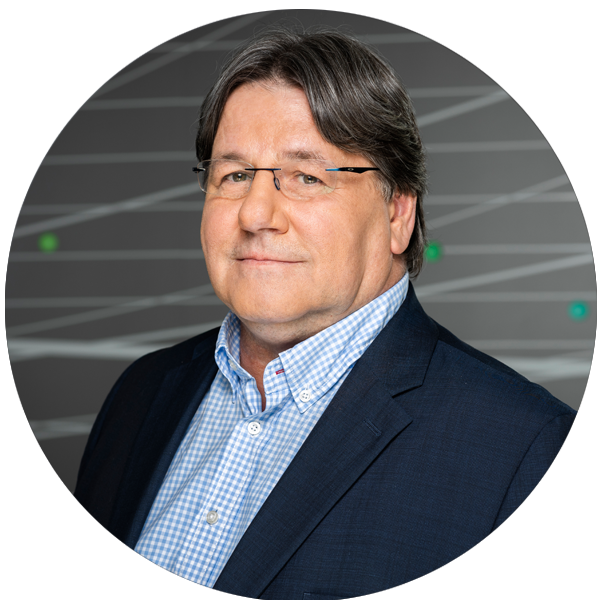
Rainer Zobel is a business administrator by training and has been with KWS since 2003 as a part-timer.
“My field of activity is Human Resources. I started out with KWS during the first Libyan project and conducted more than 2,800 screenings of personnel there. Since then, KWS has really made me go places, South Africa, Turkey, Bulgaria, Kurdistan, Thailand, among others. These screenings of individuals, particularly for leadership positions, requires quite a bit of negotiating skills and instinct. It’s difficult sometimes, but always exciting and enlightening because of the cultural differences involved. For example, negotiations focus on positions in East Asia but on people in Africa and the Middle East. You better remember that if you want to get anywhere. One of my most endearing experiences has been with Indians. They’re usually very humorous and affectionate. Close contacts, even friendships remain over long periods of time.”


